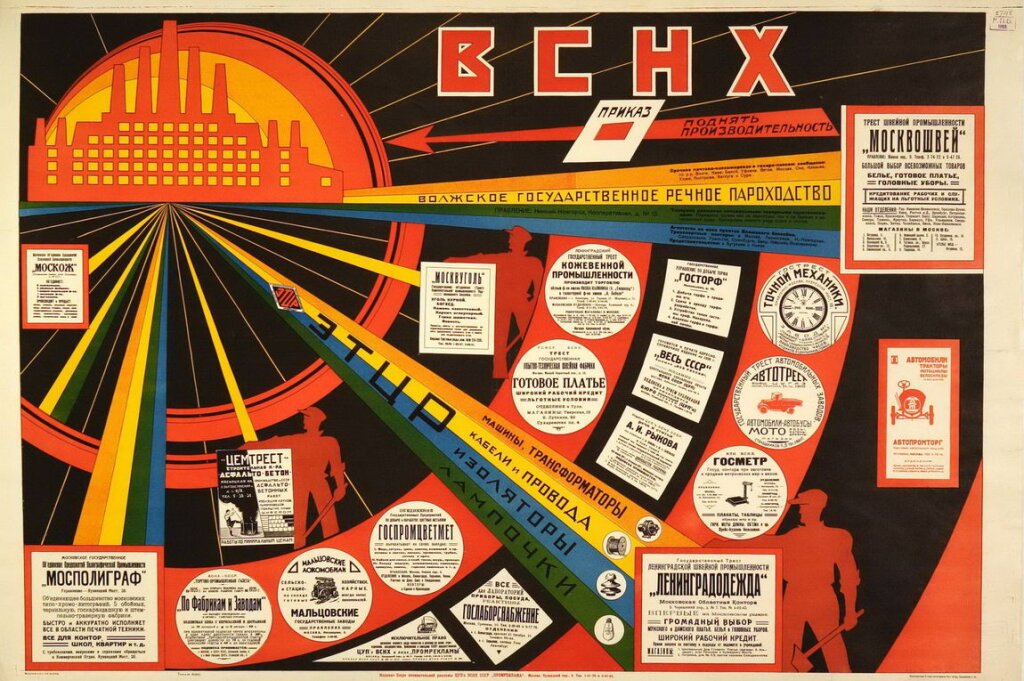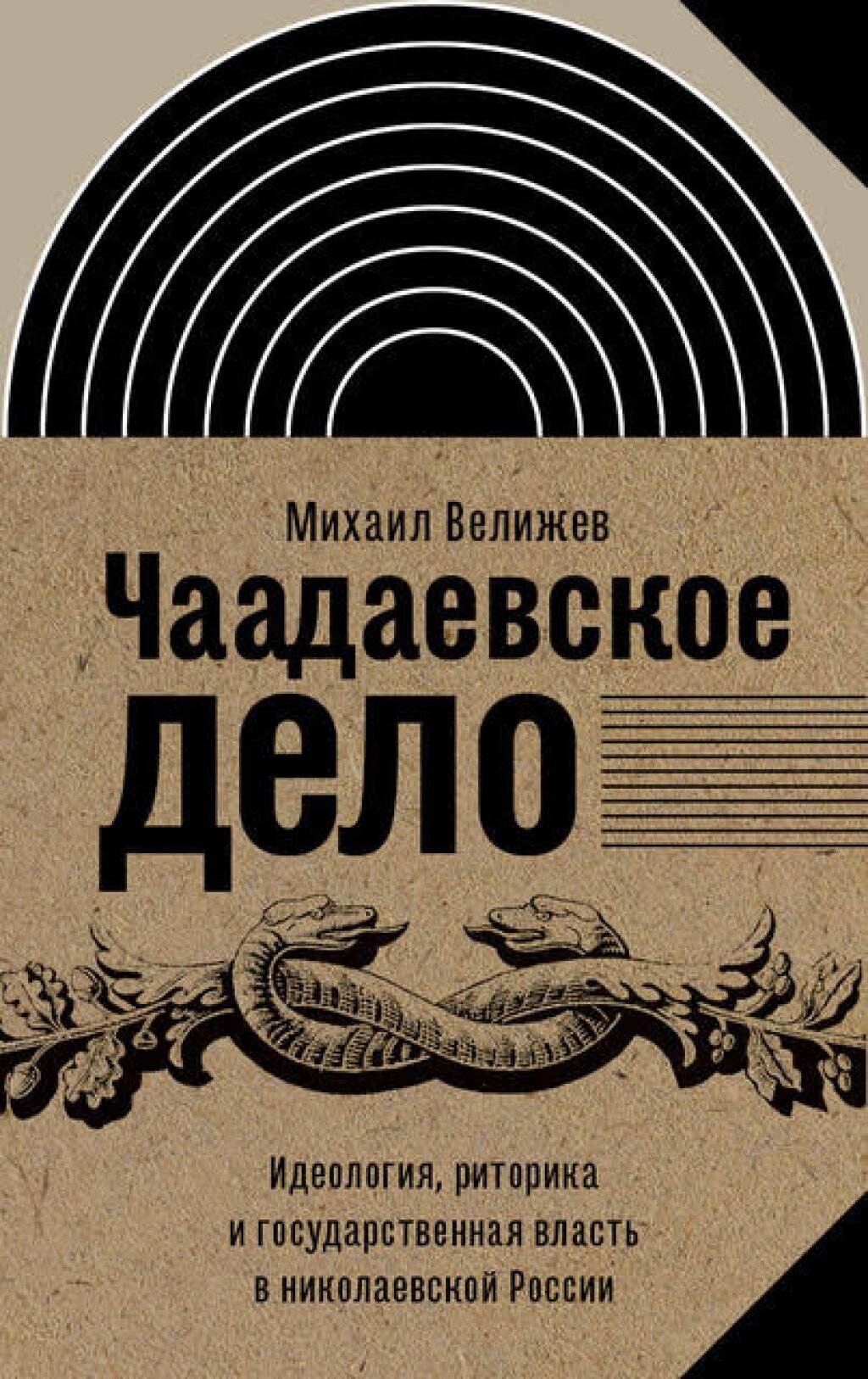Lenin's enigmatic text
State and Revolution
has been read as both a key to Soviet history and as an irrelevant curio. In this paper, Columbia Professor Adam Leeds will show that the surface of this text manifests two incompatible visions of socialism that reflect an epochal transition then underway. He argues that, in the early nineteenth century, socialism meant a form of radicalized democratic republicanism, in contrast to which even the freest existing states were only corrupted bourgeois oligarchies. Socialism’s first republican form was not only fundamentally anti-statist, explaining the state as the monstrous excrescence of absolutism: its opposition to arbitrary power extended beyond the political realm narrowly defined to oppose the dual tyrannies of the boss and the market. But, in the decades following Marx’s death, this image was eclipsed by a new vision of socialism—one much more familiar to us today.
Fin-de-siecle
German socialists extrapolated from the institutional forms of nascent corporate capitalism to a future of centrally planned industrial bureaucracy. For them, socialism would be a mega-corporation of all national capital that had merged with the state. I suggest that this transformation of the idea of socialism is the hitherto unexamined historical prerequisite and counterpart to the now well-studied mutation of nineteenth century liberalism into a new or neo-liberalism. He refers to the resulting political imaginary, within which we still largely remain, as “Cold War modernity.”
Professor Adam Leeds
is Associate Professor of Slavic Languages and Literatures at Columbia University. He holds a PhD from the University of Pennsylvania. His publications address various moments in the history of Soviet and socialist economic theory and political thought. Most recently, he contributed "Administrative Monsters: Yurii Yaremenko’s Critique of the Late Soviet State" to the volume
Economic Knowledge Under Socialism, 1945-1989
(Duke University Press). He is working on a monograph tentatively entitled
A Science for Socialism: Economic Theory, Political Epistemology, and Cold War Modernity
, a study of the lives of economists in the USSR that will examine changing conceptions of socialism from Lenin to Gaidar. This is envisaged as a first installment of a larger project about liberalism, socialism, and the changing role of economic knowledge in political modernity from the end of the eighteenth century to the present.
Watch the event recap on YouTube
.



